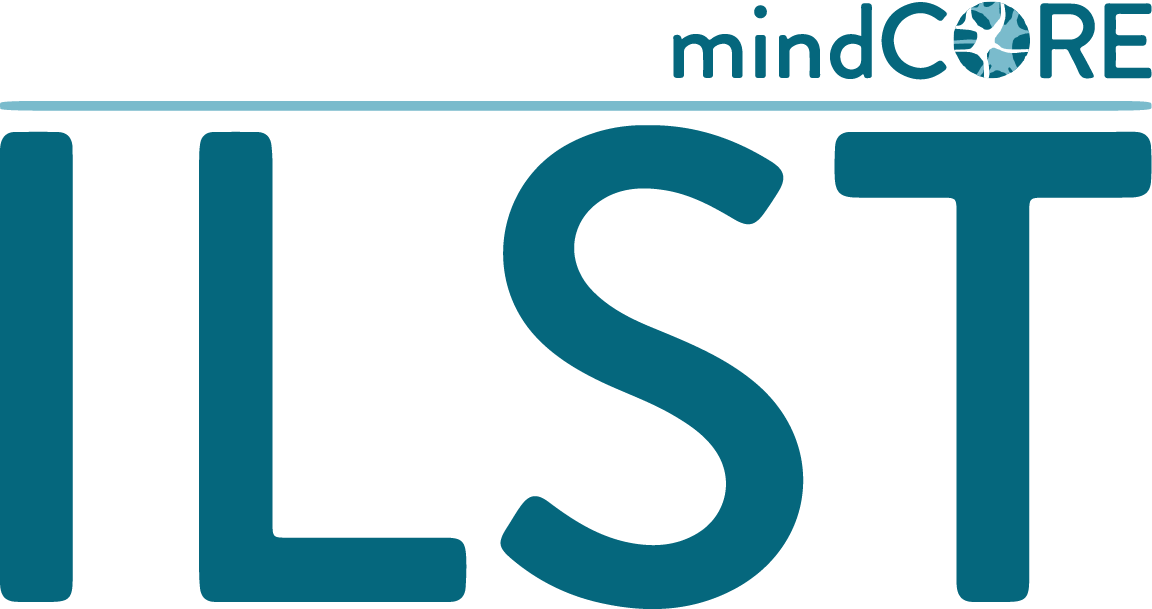
Lyle Ungar
Professor of Computer and Information Scienc
504 Levine
What does people’s language reveal about them?
Professor Lyle Ungar is a computer scientist who is interested in developing new tools and methods to glean psychological information, such as emotional well-being, from large-scale corpora.
Some of the fundamental questions that Professor Ungar is interested in include:
- How does language vary based on people’s emotions and personalities?
- How can we estimate well-being around the world from social media language?
- How can chatbots be given personality?
- What improvements to deep learning will most improve natural language processing?
Professor Ungar has published over 250 articles, supervised two dozen PhD students, and is co-inventor on ten patents.

Lyle Ungar
Professor of Computer and Information Scienc
504 Levine
Selected Publications
Guntuku, S. C., Yaden, D. B., Kern, M. L., Ungar, L. H., & Eichstaedt, J. C. (2017). Detecting depression and mental illness on social media: an integrative review. Current Opinion in Behavioral Sciences, 18, 43-49.
Guntuku, S. C., Ramsay, J. R., Merchant, R. M., & Ungar, L. H. (2017). Language of ADHD in adults on social media. Journal of attention disorders, 1087054717738083.
Liu, L., Preotiuc-Pietro, D., Samani, Z. R., Moghaddam, M. E., & Ungar, L. H. (2016, May). Analyzing Personality through Social Media Profile Picture Choice. In ICWSM (pp. 211-220).
Eichstaedt, J. C., Schwartz, H. A., Kern, M. L., Park, G., Labarthe, D. R., Merchant, R. M., … & Weeg, C. (2015). Psychological language on Twitter predicts county-level heart disease mortality. Psychological science, 26(2), 159-169.
Cohen, S. B., Stratos, K., Collins, M., Foster, D. P., & Ungar, L. H. (2013). Experiments with spectral learning of latent-variable PCFGs. The 2013 Conference of the North AmericanChapter of the Association for Computational Linguistics: Human Language Technologies.
